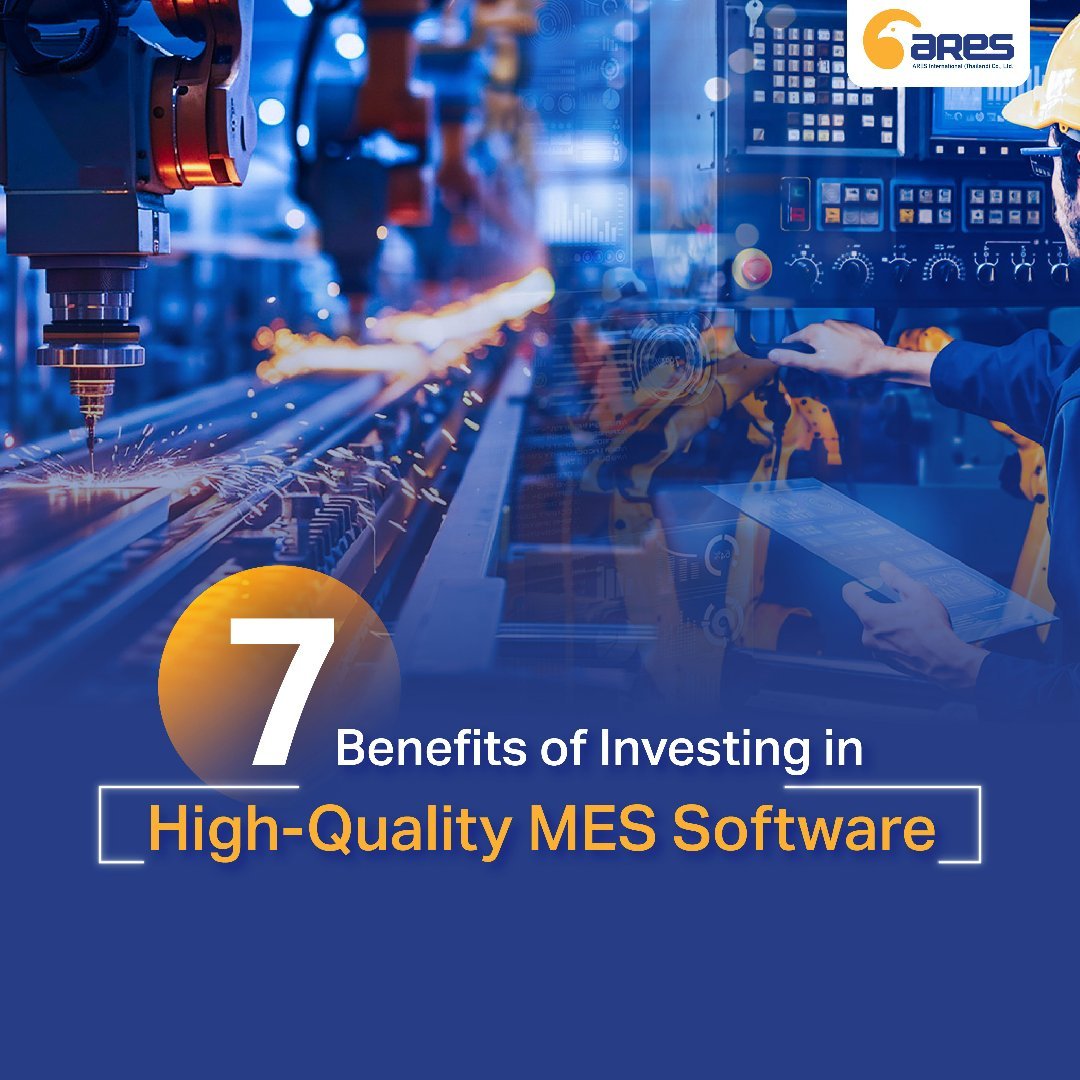5 Strategies for Sustainable Cost Reduction in Factories by using Modern Technology
Amidst the ever-intensifying business competition, manufacturing factories are facing numerous challenges—including rising raw material costs, labor expenses, and increasingly quality-conscious customers who still demand affordable pricing. As such, implementing cost reduction strategies through the adoption of modern manufacturing technologies has become a crucial approach to gaining a competitive edge and ensuring long-term business sustainability.
Many factories continue to encounter hidden production costs such as excessive waste, unnecessary machine downtime, and inefficient labor usage. These factors can significantly reduce profitability—even when sales are increasing. Moreover, a large number of factories lack effective tools to monitor, analyze, and control costs in real time, which hinders timely and strategic decision-making.
Understanding 3 Components of Production Cost in Manufacturing
Understanding the structure of the three key cost categories that influence production efficiency is essential for developing an effective cost-reduction strategy:
-
Material Cost: Refers to the cost of raw materials used in production processes, such as steel sheets, plastic, paint, or chemical substances. As these prices fluctuate with market and economic conditions, efficient management is vital.
-
Labor Cost: Includes expenses related to employees involved in the manufacturing process—salaries, daily wages, overtime, welfare benefits, training, and special allowances. These can be reduced through the strategic application of technology.
-
Overhead Cost: Refers to non-material, non-labor expenses essential for production operations, including utilities, machinery depreciation, internal logistics, equipment maintenance, and insurance.

Step into the digital workplace with our solutions. Click
5 Strategies to Reduce Factory Costs and Boost Profitability
Effective cost reduction in manufacturing is not about sacrificing product quality, but rather about leveraging technology to enhance operational efficiency and accuracy across all processes—striking the right balance between cost and quality.
1. Optimize Energy Usage in the Factory
One of the most impactful ways to reduce factory costs is through efficient energy management—an essential principle in ESG (Environmental, Social, Governance) practices embraced by modern enterprises. For example, using IoT-enabled machinery monitoring and smart energy systems allows for intelligent power consumption management, reduces electricity bills, lowers carbon emissions, and minimizes environmental impact.
2. Improve Production Efficiency
Boosting production efficiency can be achieved by implementing ERP and MES systems to monitor, manage, and control all aspects of the manufacturing process. These systems help minimize errors and waste while maximizing the use of available resources—significantly improving profit margins and sustaining competitiveness.
3. Enhance Raw Material Management
Raw materials are a major factor in overall production cost. Using an MES system with integrated BOM (Bill of Materials) and MRP (Material Requirements Planning) modules provides powerful tools for accurate procurement and inventory planning, helping to eliminate unnecessary raw material expenses.

4. Reduce Labor Costs
Implementing automation systems and robotics for tasks that require precision and consistency can help reduce labor-related expenses. This approach minimizes human error, improves production consistency, and enhances workplace safety.
5. Leverage Statistical Data for Analysis
Utilizing statistical dashboards that compile time-based data—such as raw material usage rates, production times, defect rates, and machine efficiency or downtime—enables in-depth, accurate historical analysis. This insight allows manufacturers to optimize production planning and reduce unnecessary costs.
Key Challenges in Reducing Factory Costs
While reducing manufacturing costs is essential, many organizations face major obstacles that hinder long-term growth and technological advancement, such as:
-
Employee Skill Gaps: The introduction of new technologies requires organizations to invest in employee training to ensure smooth adaptation and effective software utilization.
-
Project Delays: Implementing or upgrading systems without comprehensive planning can lead to production downtime, inventory surplus, and reduced profits.
-
Resistance to Change: Shifting from traditional processes to digital systems can create uncertainty or resistance among staff if not communicated and managed properly.
2 Systems for Measurable Cost Reduction in Manufacturing
To effectively reduce factory costs, organizations can adopt modern ERP and MES software systems that help manage production processes across all departments:
ERP System
ERP (Enterprise Resource Planning) systems provide integrated resource management across finance, accounting, manufacturing, procurement, and warehouse operations. Centralizing organizational data allows decision-makers to oversee operations, plan strategically, and make informed business decisions. ERP reduces data duplication, prevents errors, and eliminates unnecessary production costs.
➡️ For professional ERP consultation, contact us at: https://aresth.co.th/contactus
MES System
The MES (Manufacturing Execution System) connects production management with shop floor operations by collecting and processing real-time data. It enables managers to visualize the production process, analyze problems, minimize waste, improve efficiency, and optimize resource planning.
➡️ Learn more about upgrading your manufacturing with MES: https://aresth.co.th/products/argo-extra

Conclusion: Cost Reduction Through Technology in Manufacturing
Reducing manufacturing costs is a vital strategy for business sustainability in competitive markets. Integrating modern solutions like MES software and ERP systems offers powerful tools to manage cost efficiently, reduce waste, and improve profit margins. Moreover, data-driven insights empower executives to make precise decisions and minimize risks.
ARES—an expert in Argo ERP and ciMES—is ready to provide tailored consultations and software implementations to elevate your factory operations. Let us help you confidently transition into Industry 4.0 and build a resilient organization that can adapt to ever-evolving market demands.
Contact us
For a demo, please contact us at Contact Us or for further inquiries:
Phone: 0633253640 or 02-6863000 ext. 3042
Email: support@aresth.co.th




